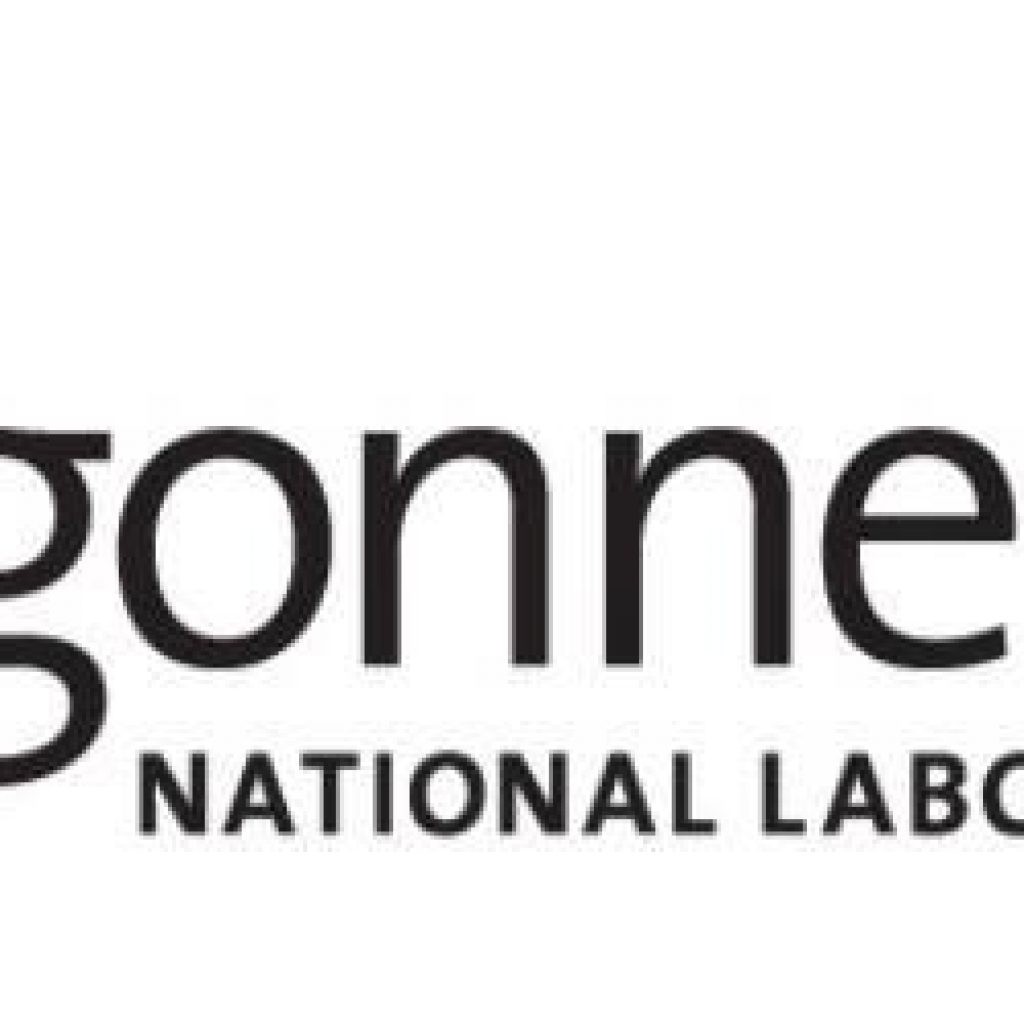(SpectrumIEEE) New findings now suggests that electrons trapped on frozen solid neon could prove a simple yet powerful kind of qubit for use in future quantum computers.
In the new study, to create a qubit protected from environmental disruptions, the scientists experimented with neon, a noble gas like helium that virtually never reacts with other elements, potentially making it an ideal host for a qubit. Neon freezes into a solid when cooled to below roughly minus 248.6 degrees C and brought to pressures of more than 0.42 atmospheres.
“This is a completely new qubit platform. It adds itself to the existing qubit family and has big potential to be improved and to compete with currently well-known qubits,: said Dafei Jin, Argonne National Laboratory
Electrodes in the microchip can keep electrons that get trapped on the solid neon in place for more than two months. A superconducting microwave resonator on the chip, much like a microscopic version of a microwave oven, then emits microwaves to help control and read the qubit.
The scientists argue that useful qubits require three key qualities:
–They can show long coherence—that is, stay in superposition for long stretches of time—ideally more than a second.
–They can quickly change from one state to another to help perform operations rapidly, ideally roughly a billionth of a second.
==They can scale up to link with many other qubits via a quantum mechanical phenomenon known as entanglement so they can work in parallel together.
The group’s experiments reveal that within optimization, the new qubit can already stay in superposition for 220 nanoseconds and change state in only a few nanoseconds, which outperform qubits based on electric charge that scientists have worked on for 20 years.
The researchers suggest that by developing qubits based on an electron’s spin instead of its charge, they could develop qubits with coherence times exceeding one second. They add the relative simplicity of the device may lend itself to easy manufacture at low cost.
The new qubit resembles previous work creating qubits from electrons on liquid helium. However, the researchers note frozen neon is far more rigid than liquid helium, which suppresses surface vibrations that can disrupt the qubits.
